READY TO JOIN THE HAWKESBURY’S MOST LOVED PERFORMING ARTS SCHOOL?
An award winning non-Competitive Performing Arts Learning Environment.
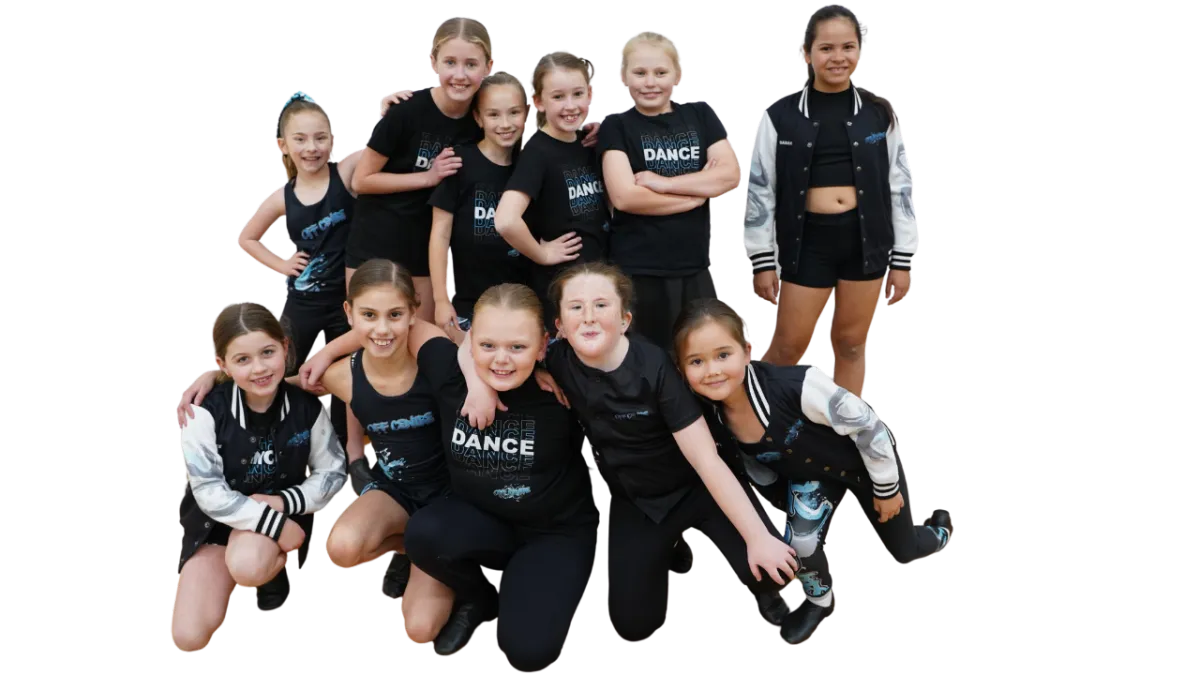
THE STUDIO WITH A DIFFERENCE
Welcome to Off Centre Dance Co, the Hawkesbury's premier destination for dance and performance arts. Nestled in the heart of
Windsor, we are more than just a dance school; we are a community, a family, and a hub for creativity and expression.
Our ethos is rooted in providing an all-encompassing, non-competitive performing arts environment. Whether your child is taking their first steps in ballet or mastering the intricacies of acrobatics, our passionate team is here to guide, nurture, and inspire. We believe in the transformative power of dance, not just as an art form but as a tool for personal growth, confidence-building, and self-expression.
But our commitment doesn't stop at the dance floor. We pride ourselves on our transparent billing system, ensuring parents can focus on their child's development without any financial surprises. Plus, our annual concerts and performance events offer students a platform to shine, celebrating their hard work and dedication in front of an appreciative audience.
Ready to be a part of our dance family?
Book a trial week now!

WE WON THE 2023 LOCAL BUSINESS AWARDS FOR MOST OUTSTANDING PERFORMING ARTS BUSINESS
JOIN US AND FIND OUT WHY!
EXPLORE OUR VIDEOS
DISCOVER OUR PROGRAMS
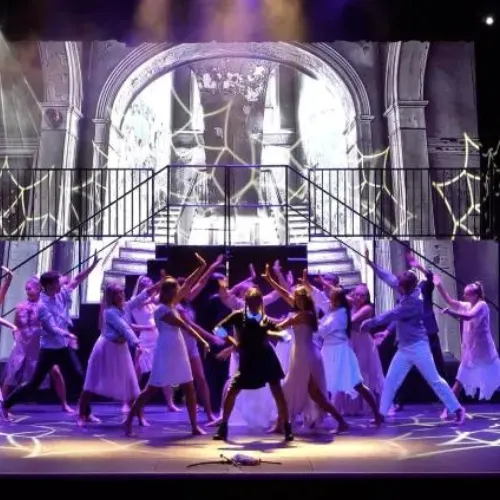
Dance, Acro & Cheer
Classes with a strong focus on production and performance! Non Competitive and supportive!
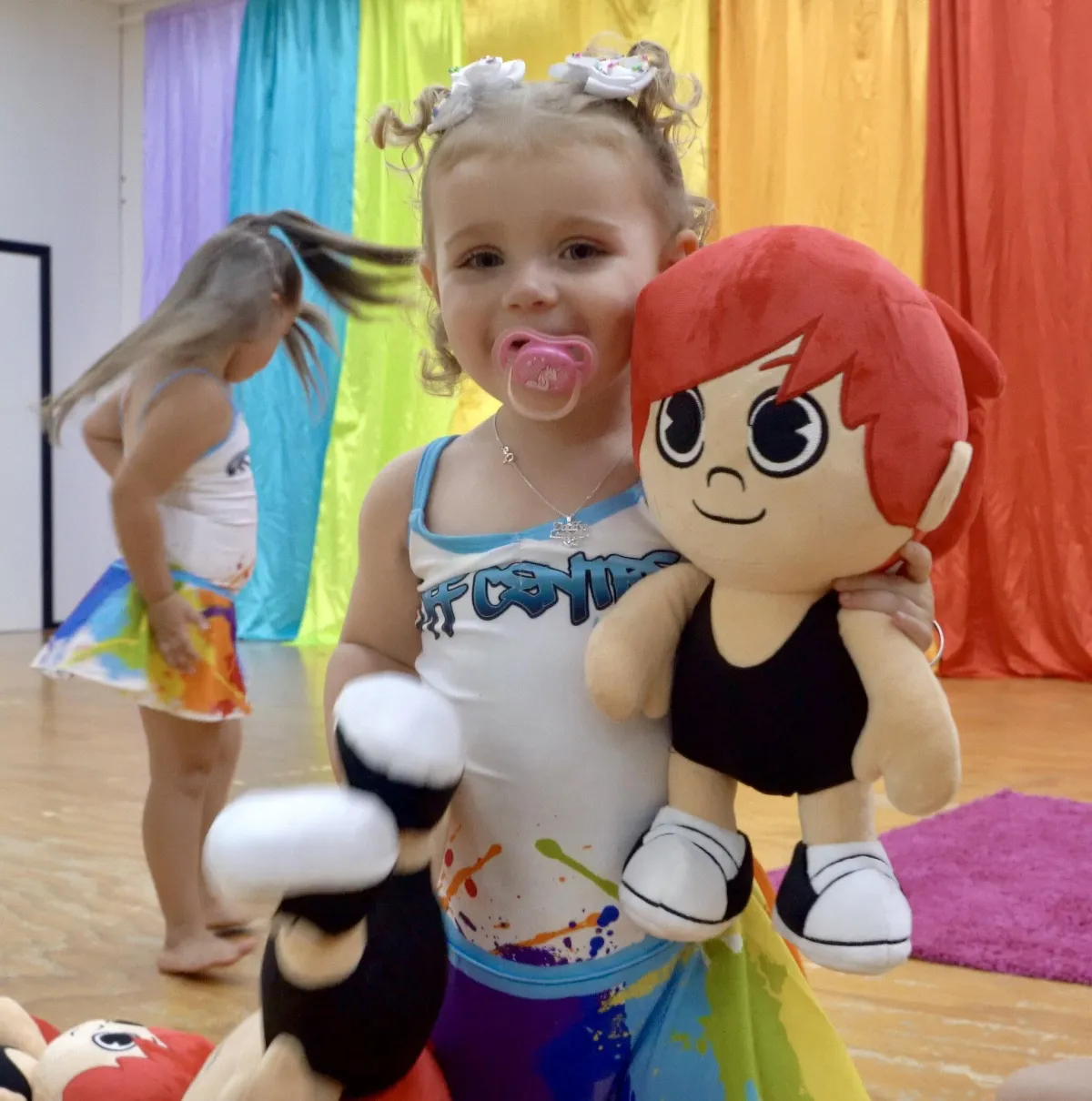
Preschool Programs
Magical Adventure Dance Classes for 2-5 Year Olds! Your little one is invited to join us on a wonderful adventure while they learn the basics of dance technique.
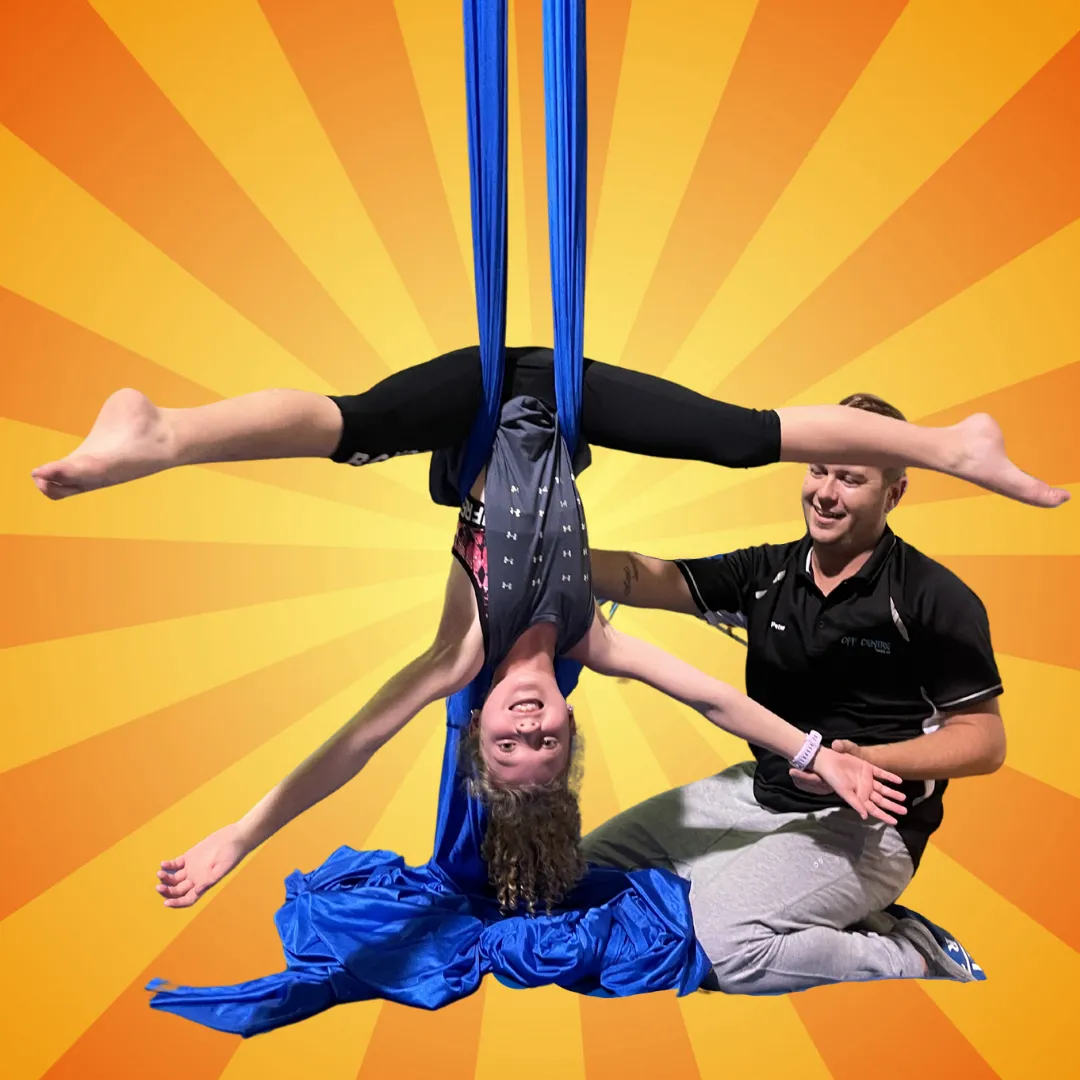
Dance Cirque
Circus classes for ages 2+. Includes: Interactive circuits, lyra, silks, trapeze, juggling, hula hoops and more! all under the supervision of our fully qualified teachers.

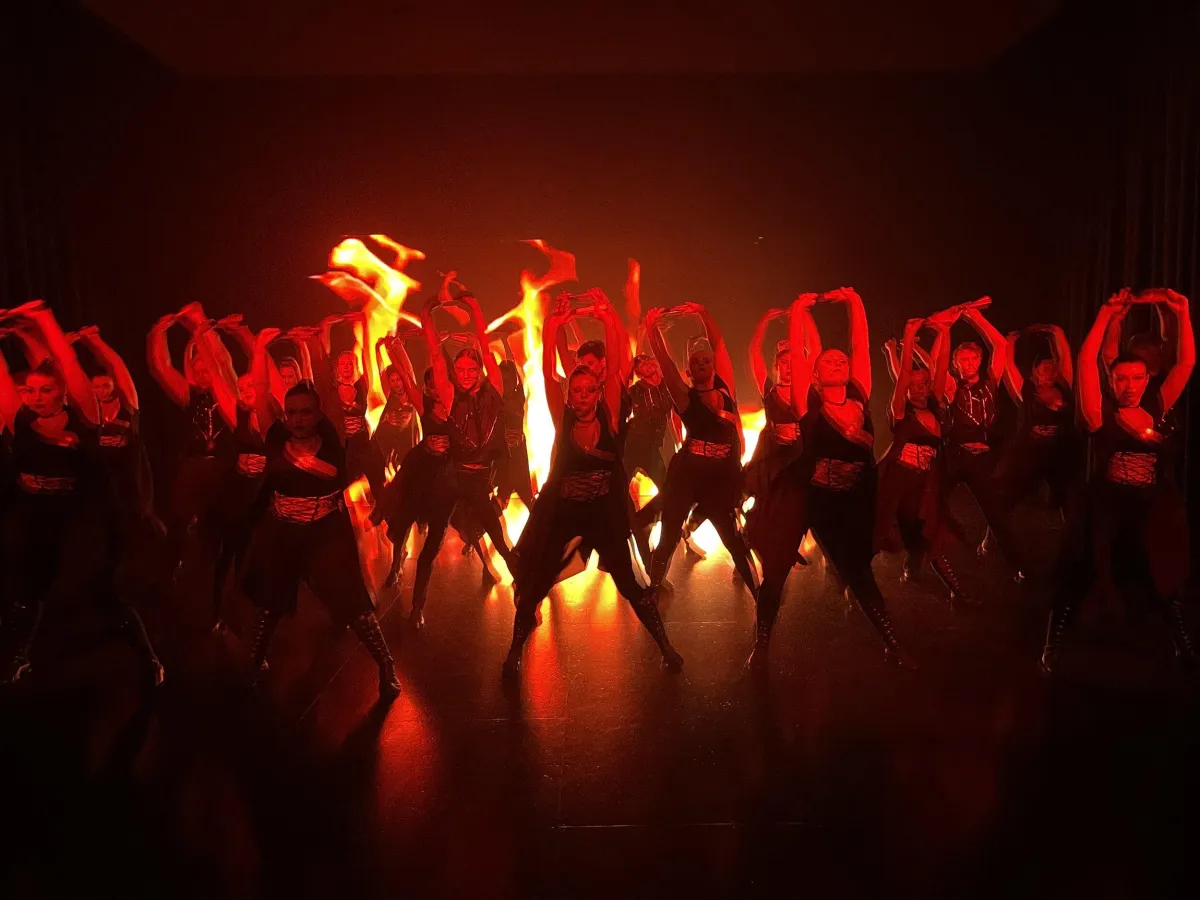
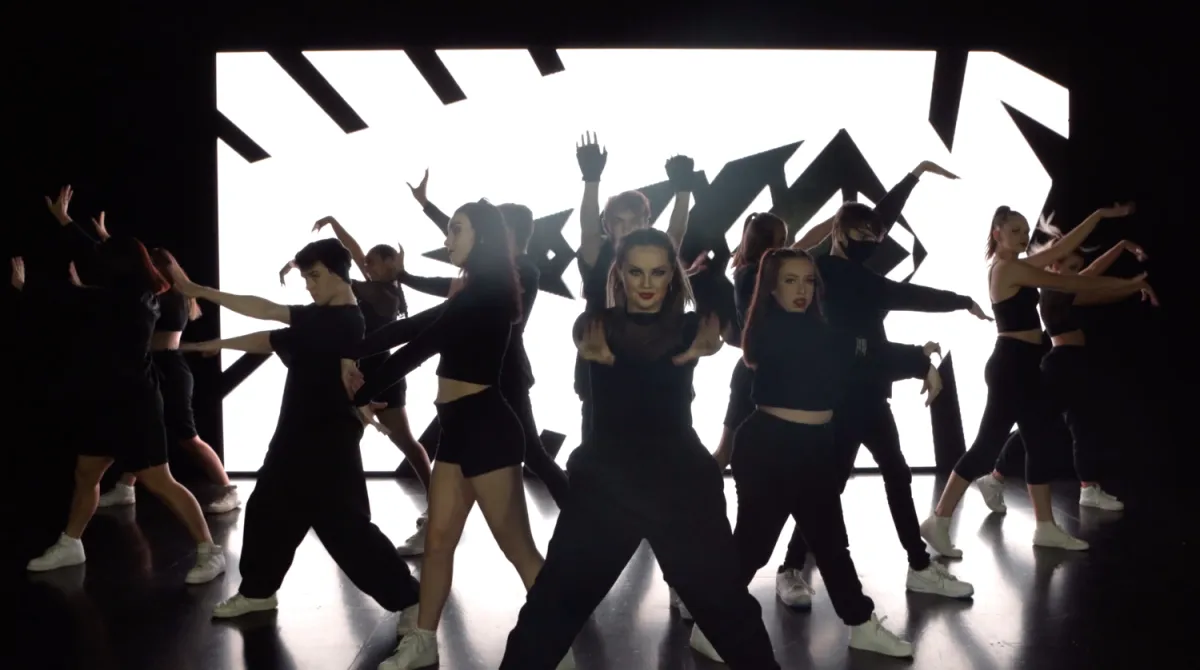
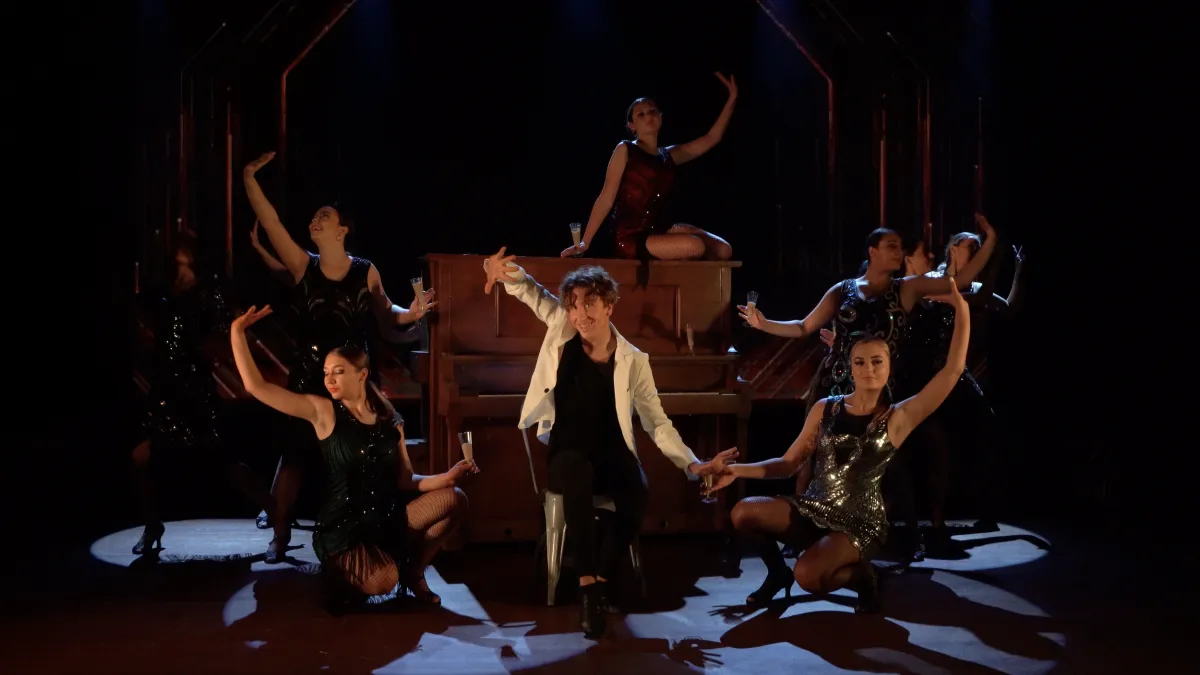
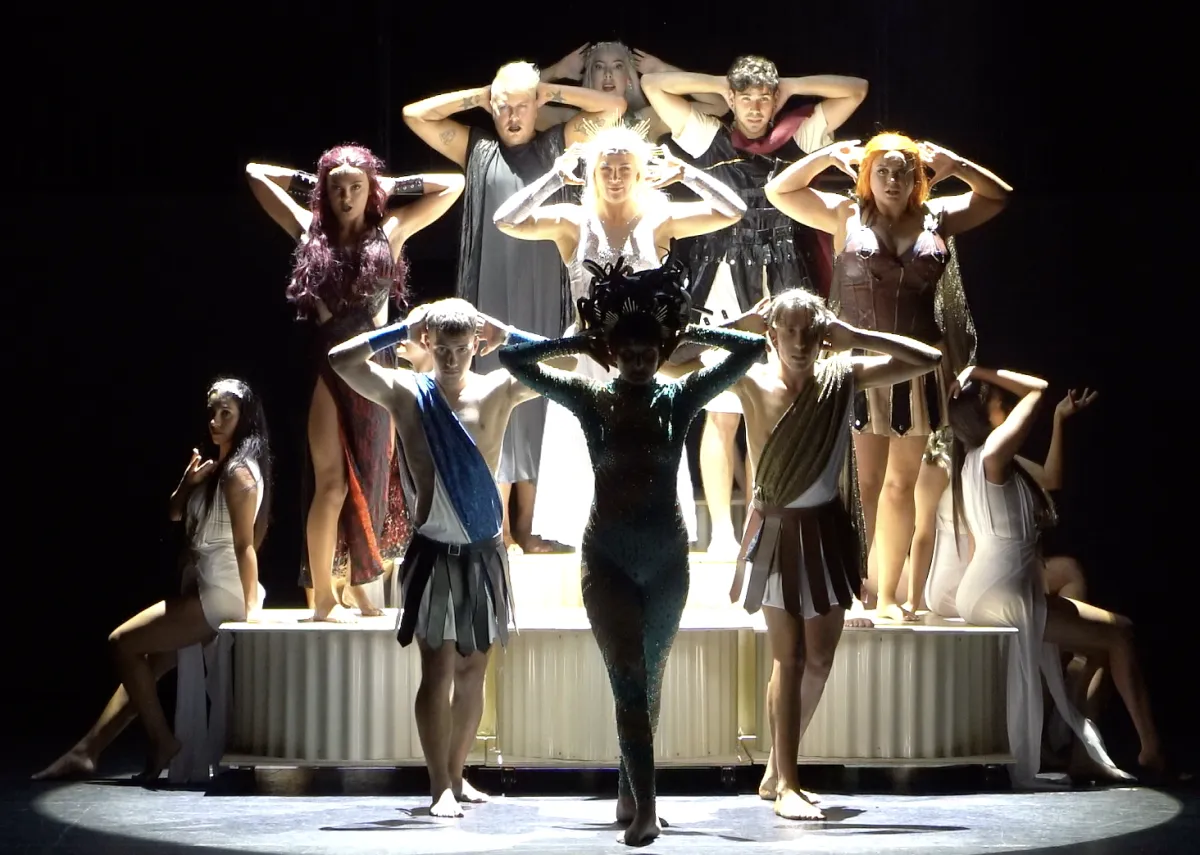
Facebook
Instagram
Youtube